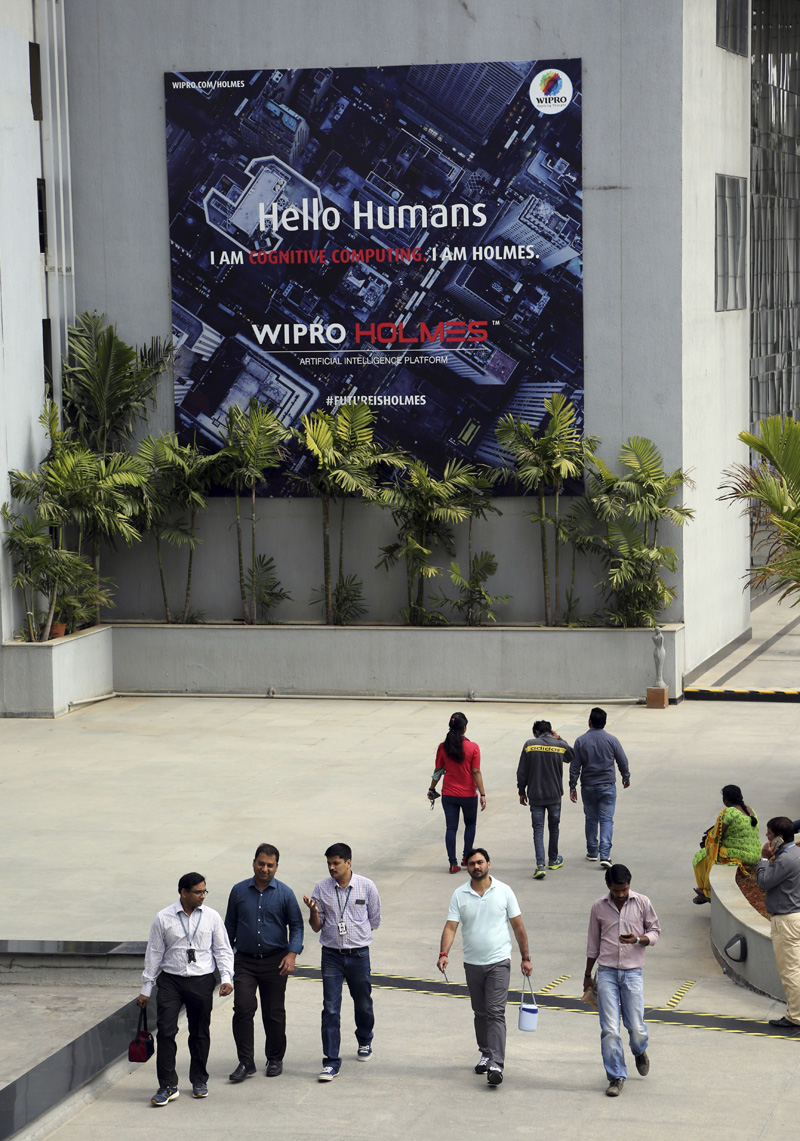India IT stocks slip amid worries about stricter H-1B visas
NEW DELHI: The shares of top Indian IT companies sank Tuesday in response to news of proposed US legislation that would require salaries for H-1B visa holders to be doubled. The aim: to make it harder for companies to replace American workers with those from countries like India.
By late afternoon shares of all the main IT companies, like Infosys, Wipro and Tata Consultancy Services, had fallen 2-4 percent on the Bombay Stock Exchange. The IT sub-index on the exchange, which comprises all the tech firms trading on the stock exchange, shed more than 3 percent.
The High-Skilled Integrity and Fairness Act of 2017 introduced last week in the House of Representatives by Rep. Zoe Lofgren, a Democrat from California's Silicon Valley area, aims to end what it calls the "abuse" of the work visa program, which it says has "has allowed replacement of American workers by outsourcing companies with cheaper H-1B workers."
If enacted the legislation would raise the minimum salary for those applying for H1-B visas to $130,000 from the current $60,000.
"My legislation refocuses the H-1B program to its original intent to seek out and find the best and brightest from around the world, and to supplement the US workforce with talented, highly paid, and highly skilled workers who help create jobs here in America, not replace them," Lofgren said on her website.
The H1-B program allows high-tech companies to hire foreigners with technical skills in the US for three to six years.
The proposed bill comes as the tech industry is already reeling from an executive order on immigration from President Donald Trump that bars nationals of seven Muslim-majority countries from entering the US.
The US tech industry relies on foreign engineers and other technical experts for a sizeable percentage of its workforce.
While the tech industry insists the H1-B program is crucial, critics say it puts American programmers and engineers at a disadvantage. Trump's nominee for attorney general, Sen. Jeff Sessions, has long opposed the program.
In New Delhi, a foreign ministry spokesman issued a one-line statement.
"India's interests and concerns have been conveyed both to the US administration and the US Congress at senior levels," Vikas Swarup said.






